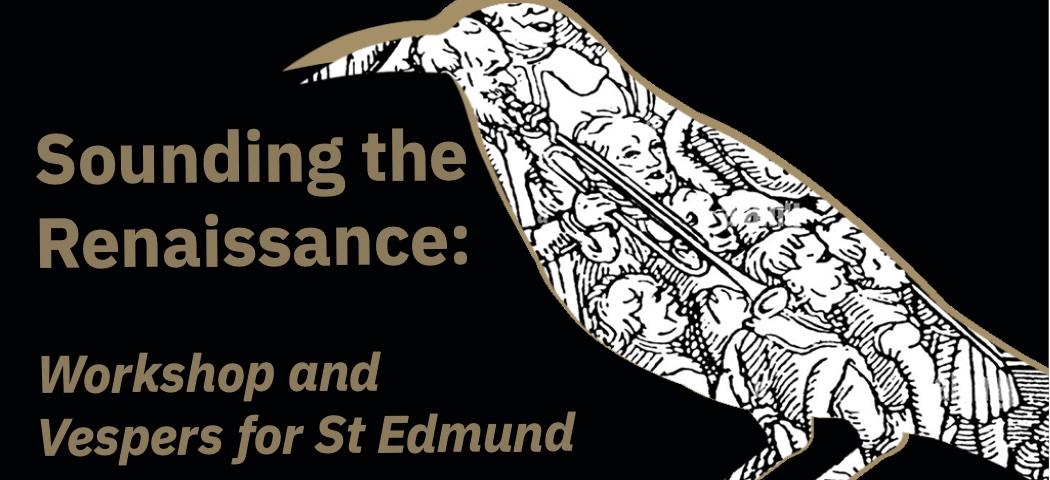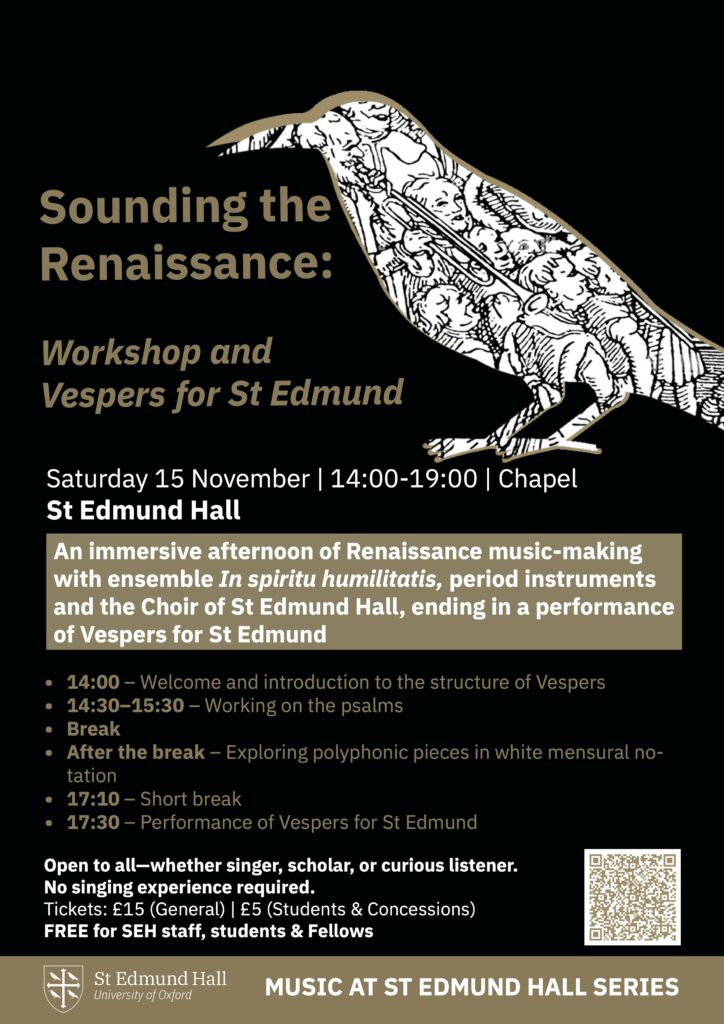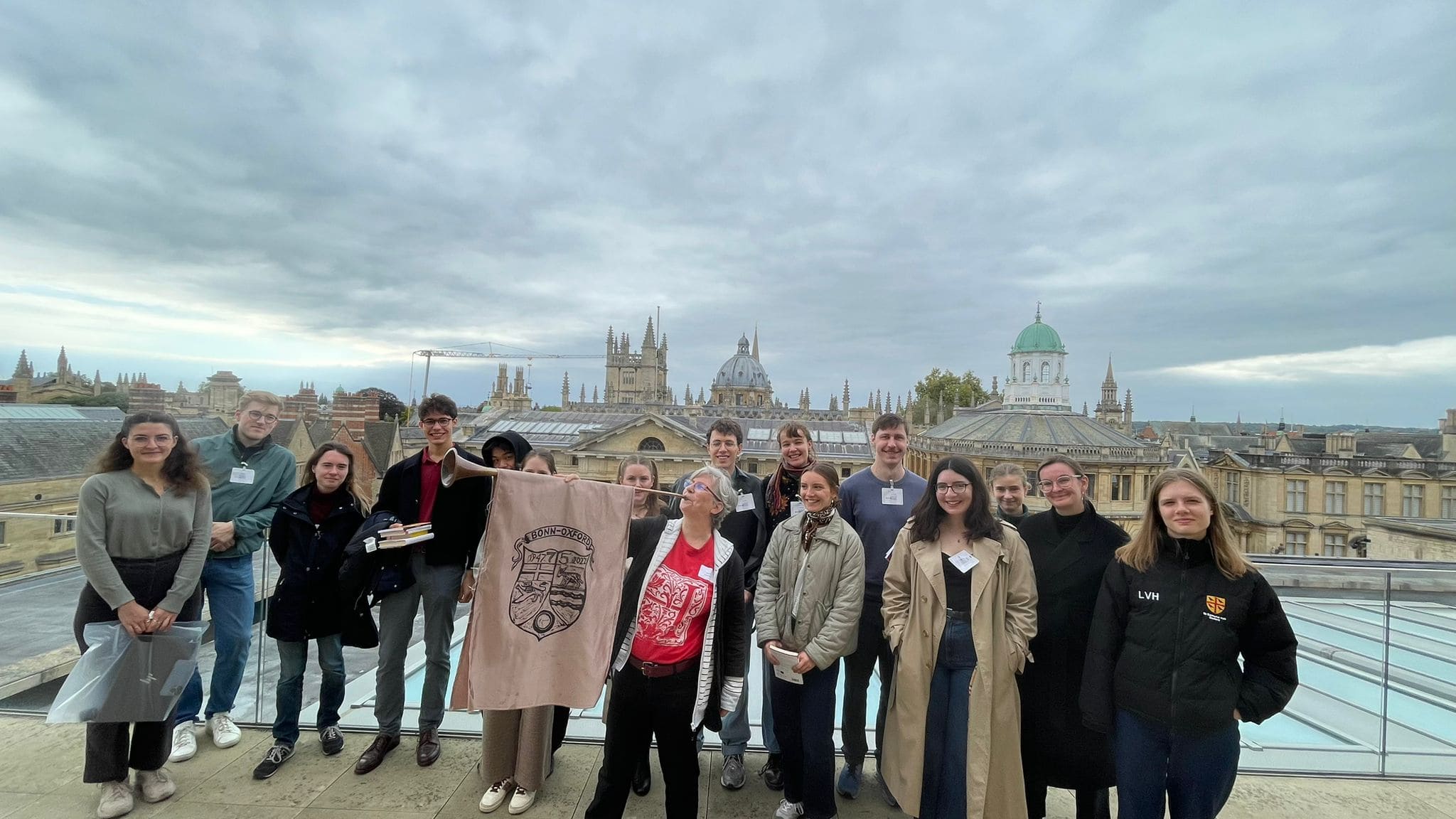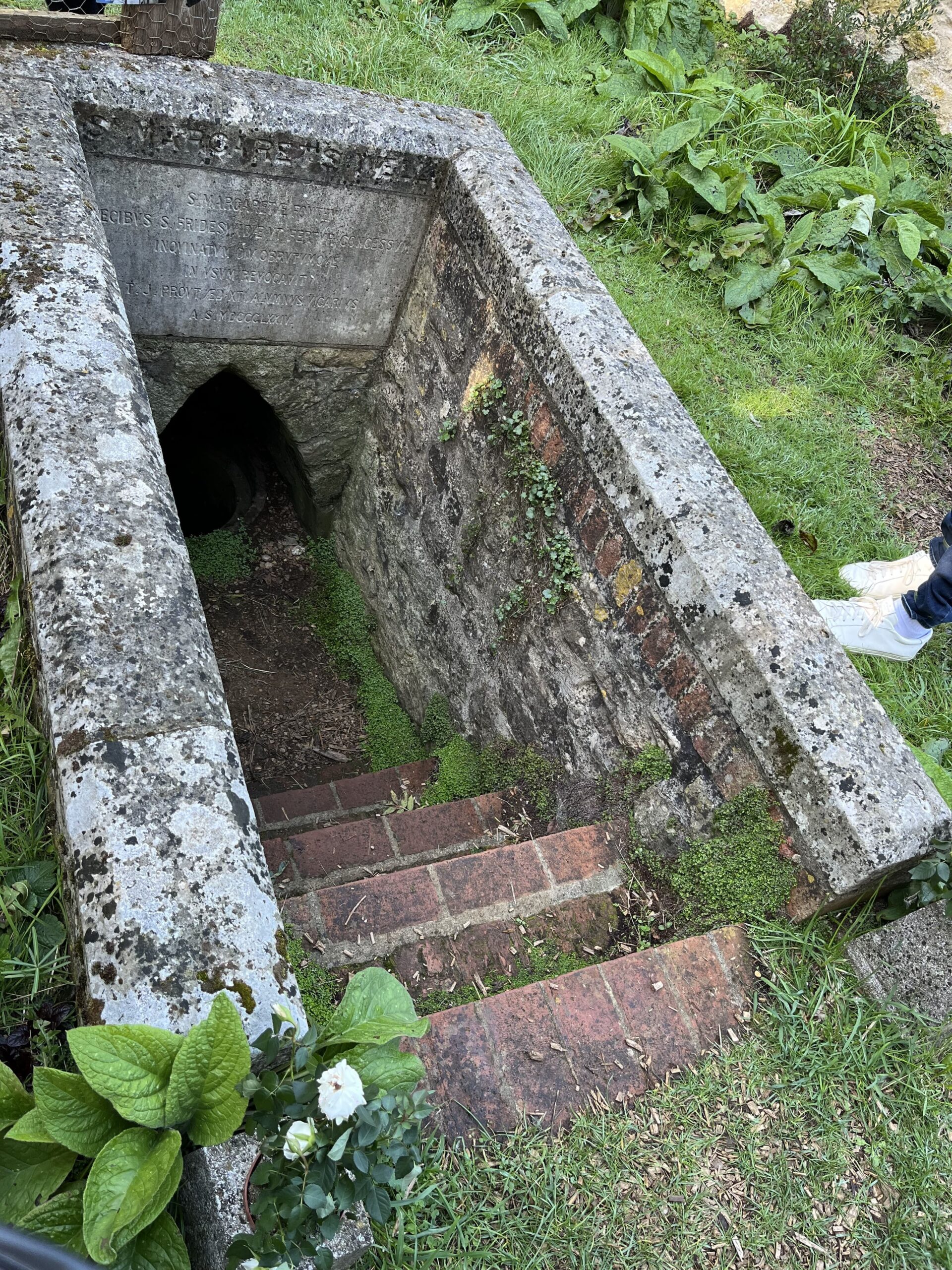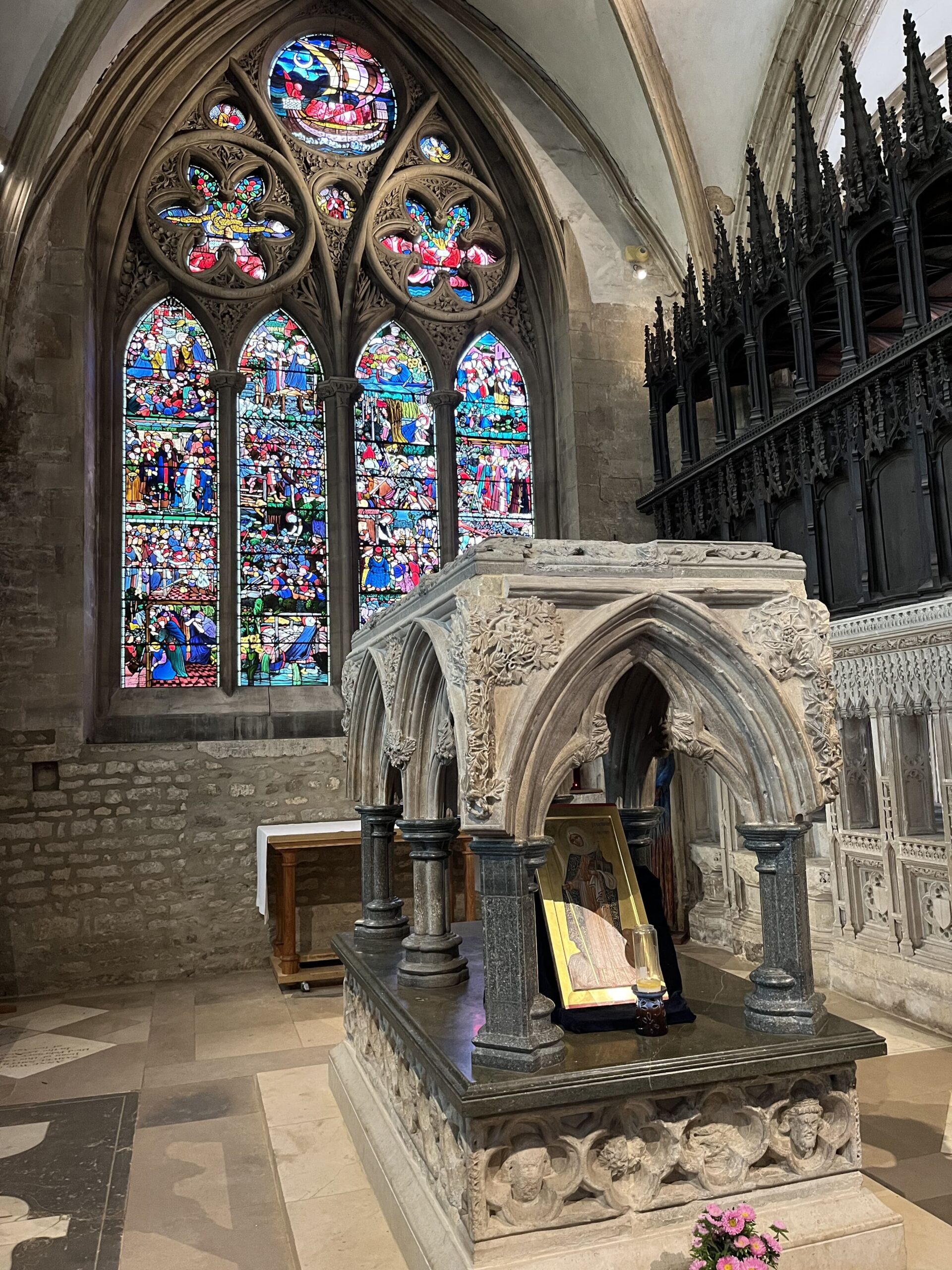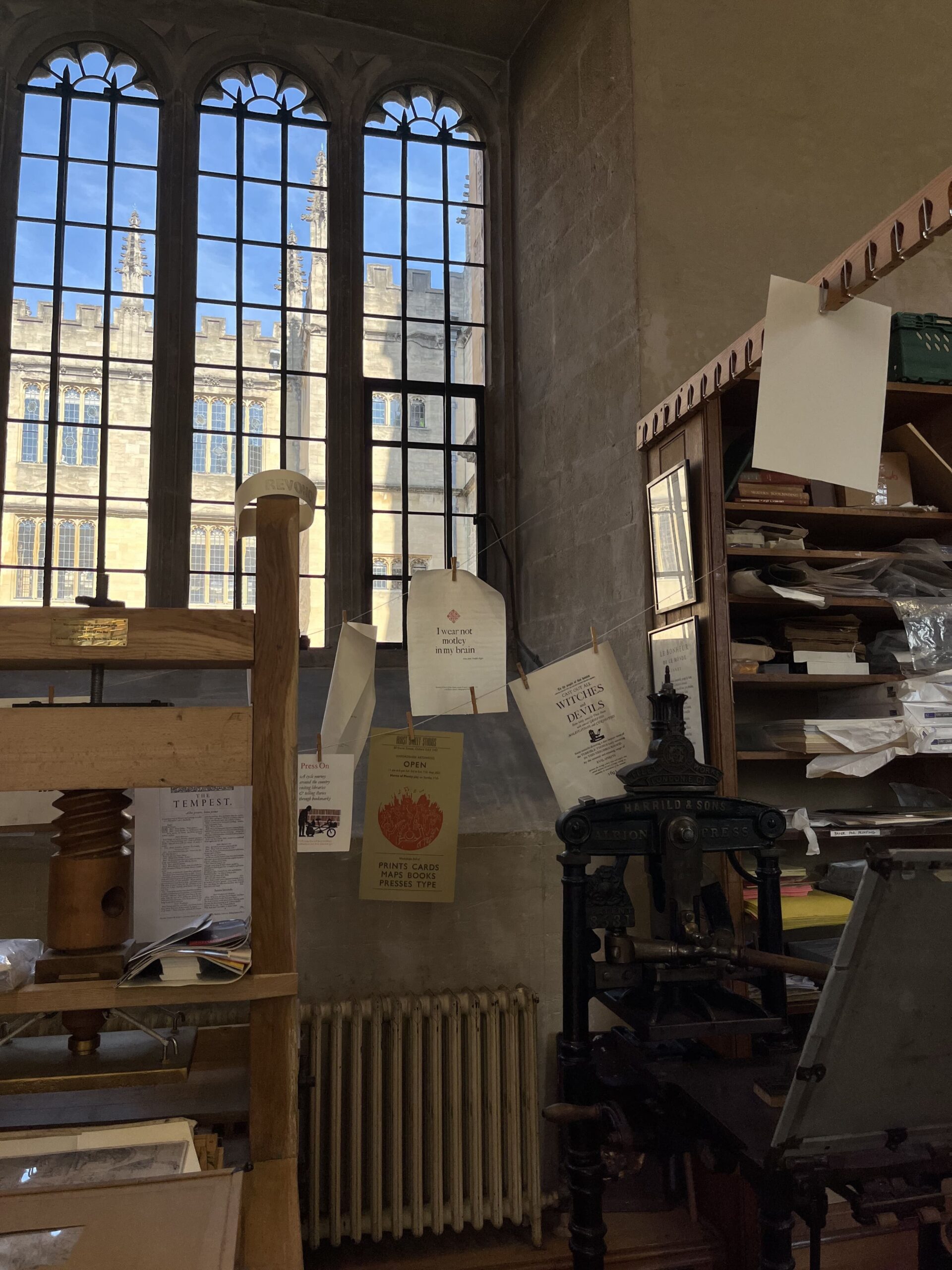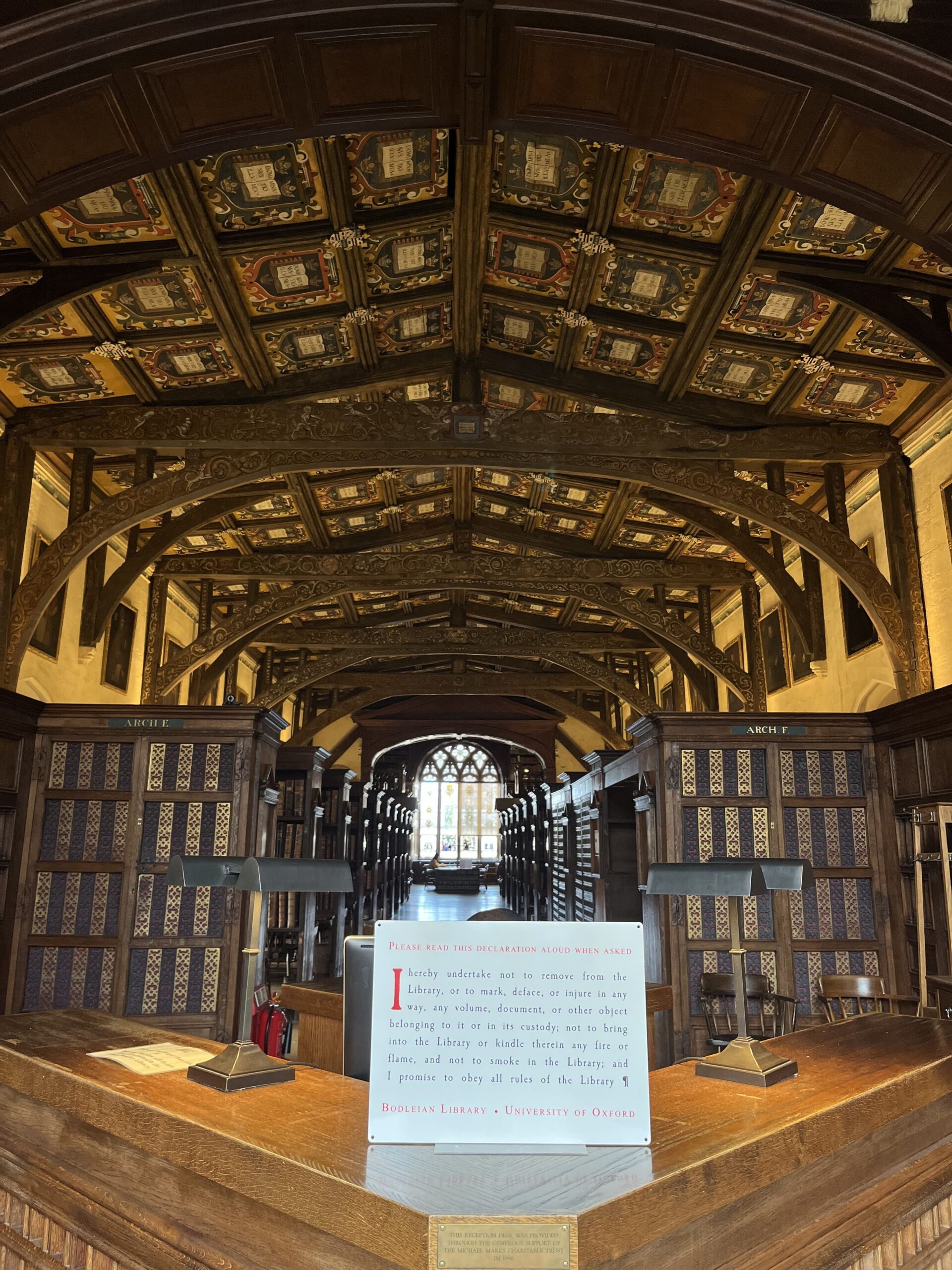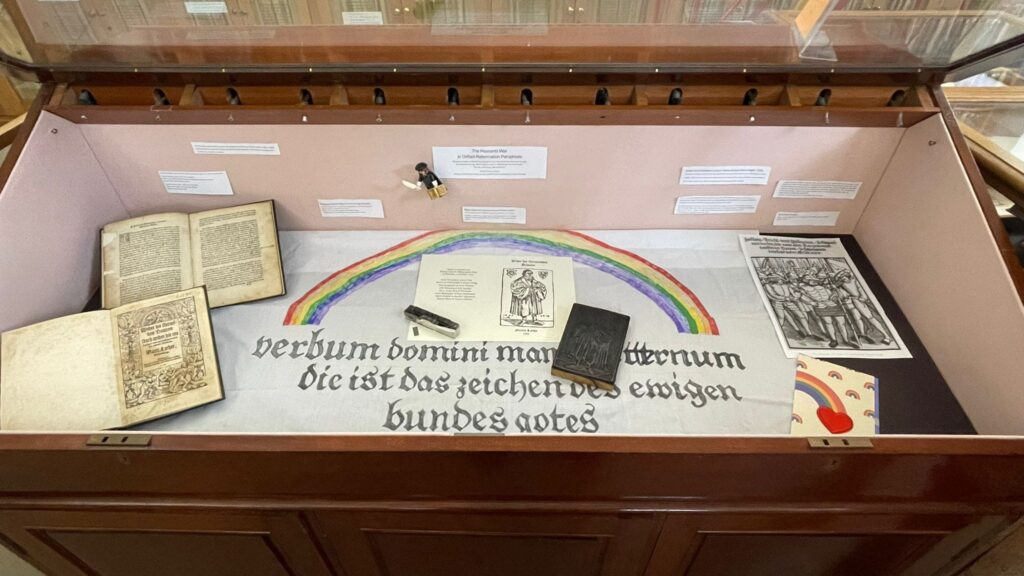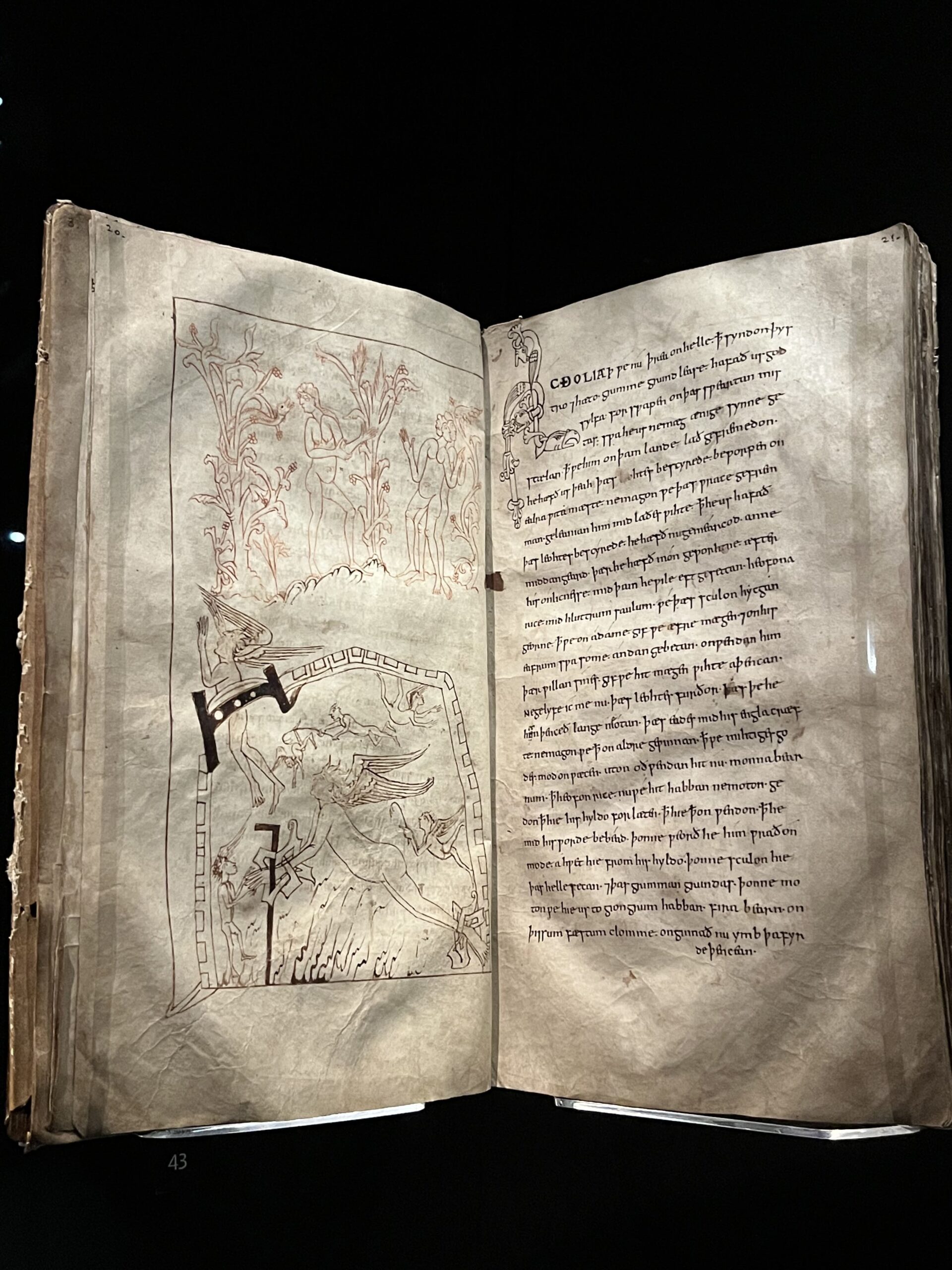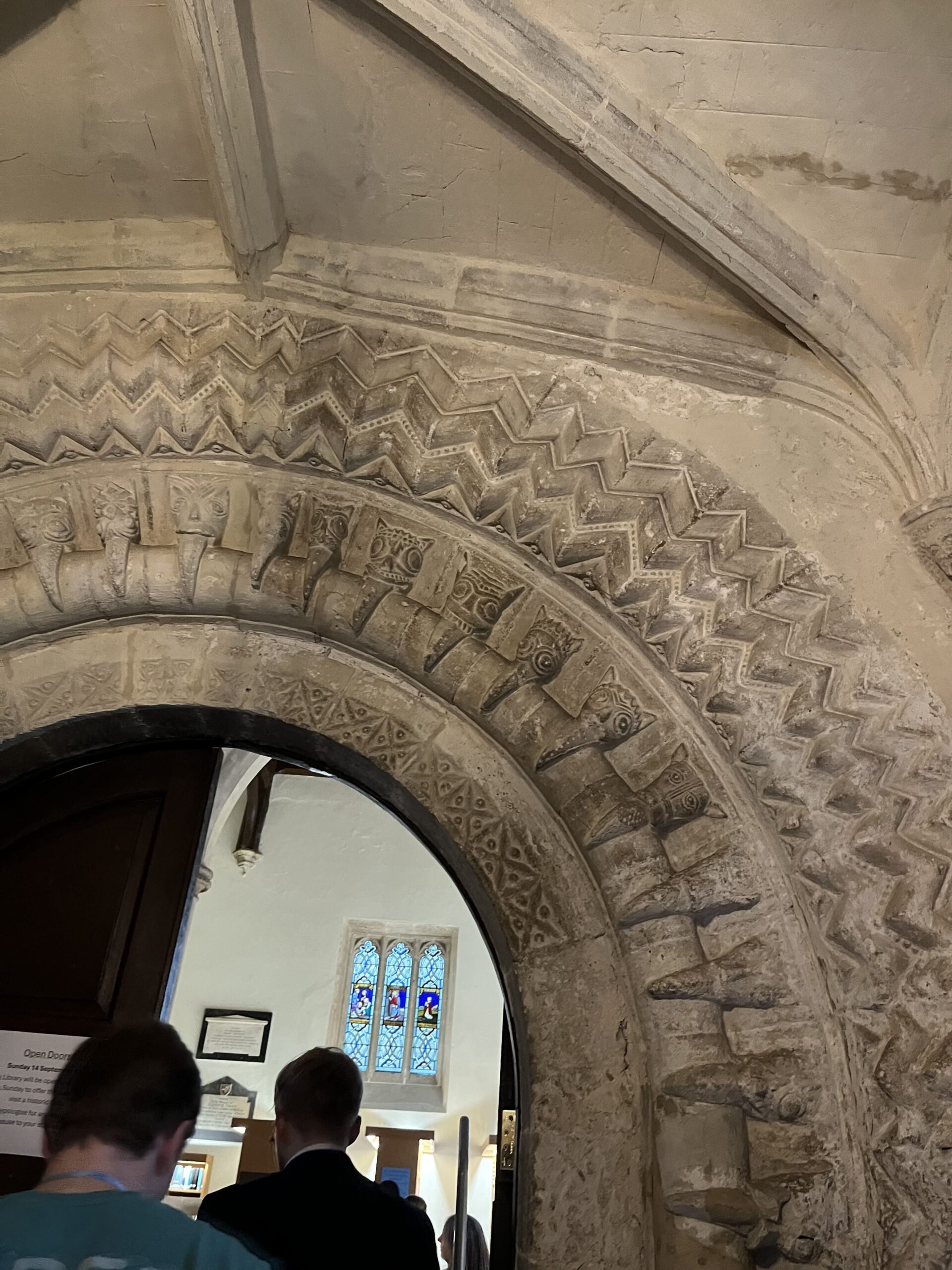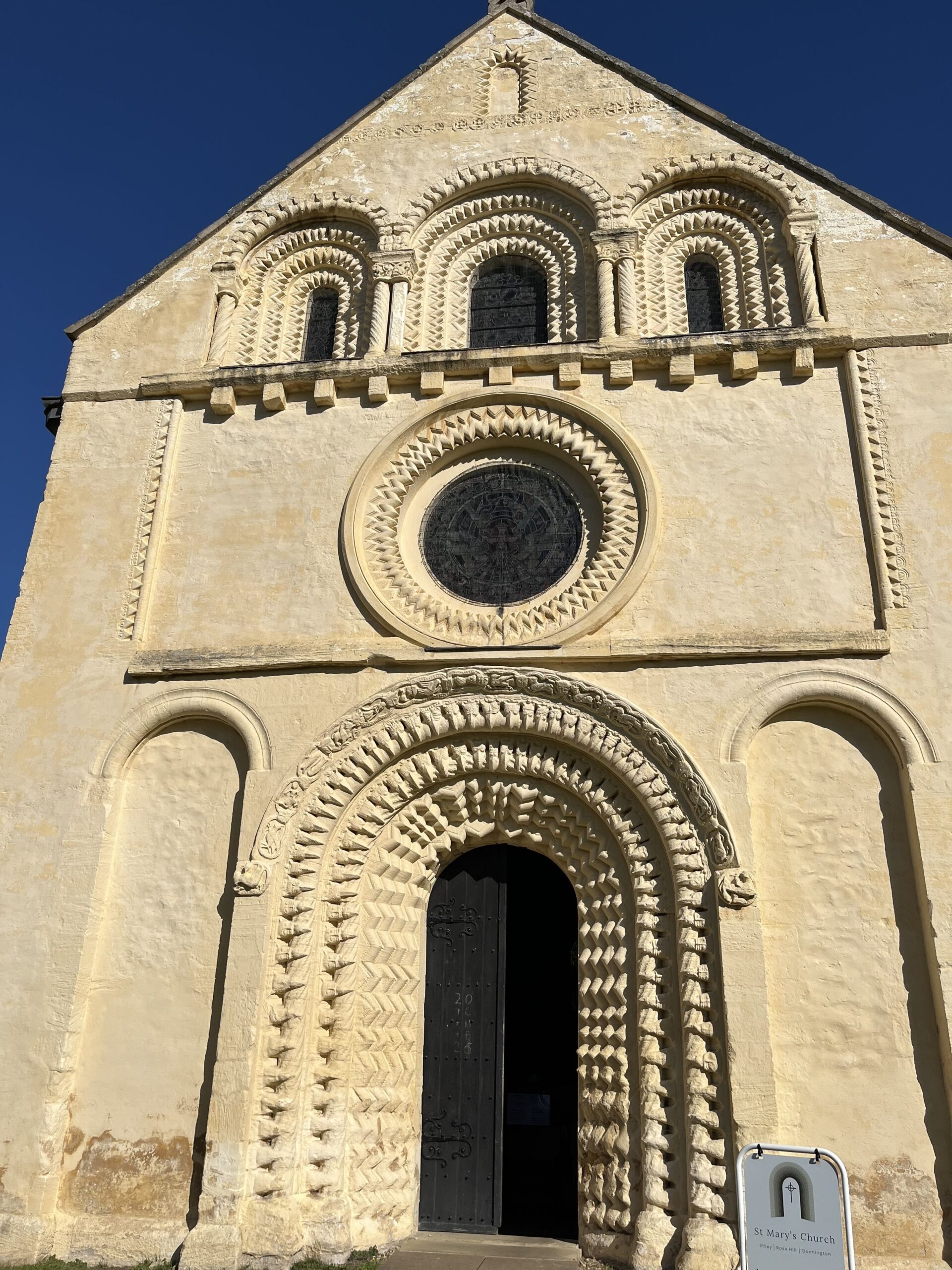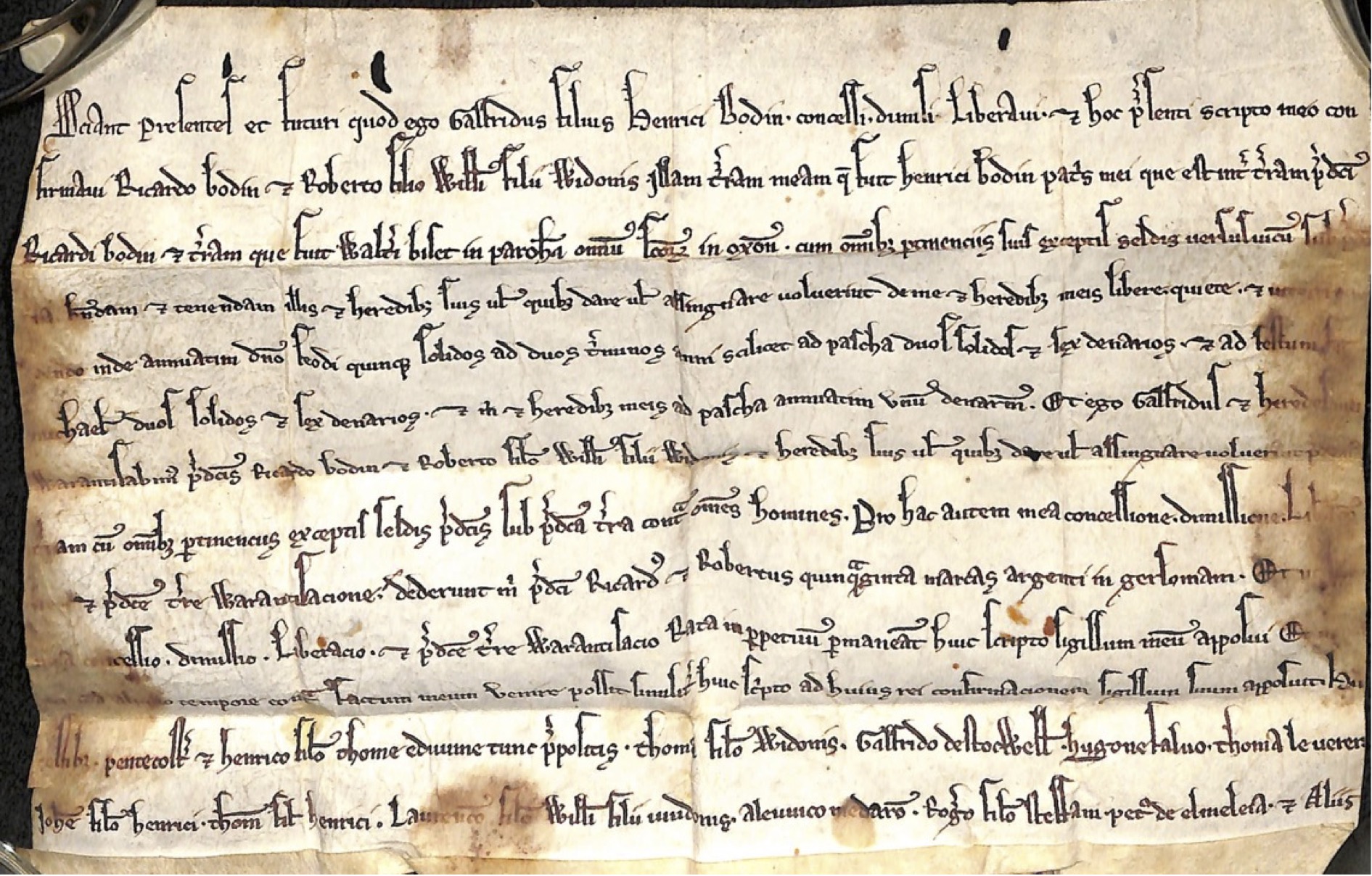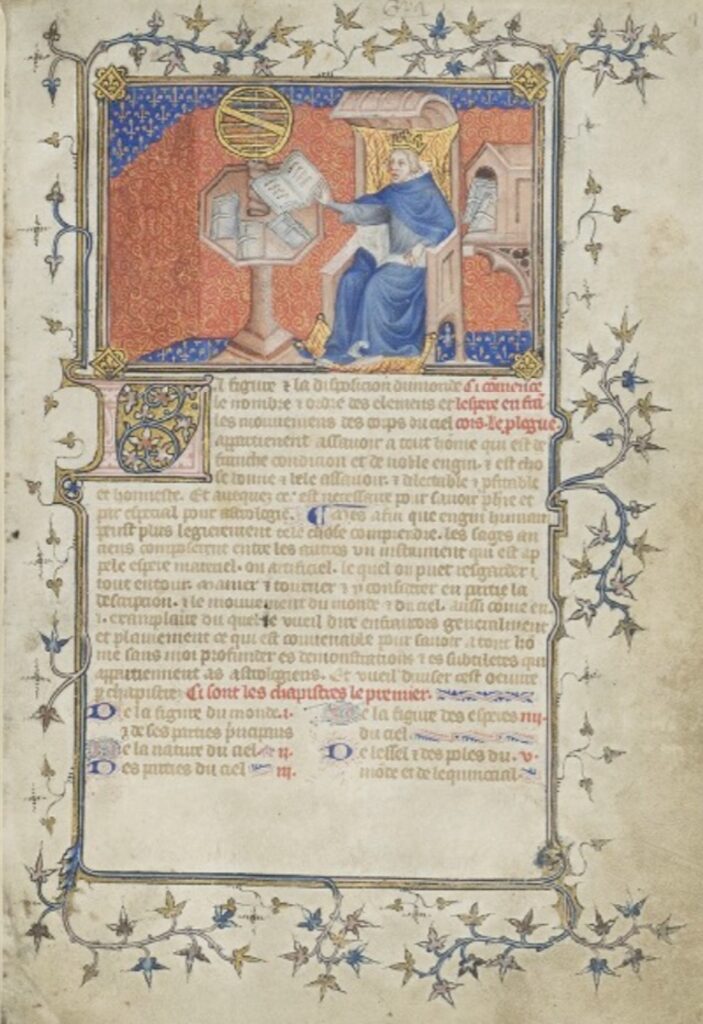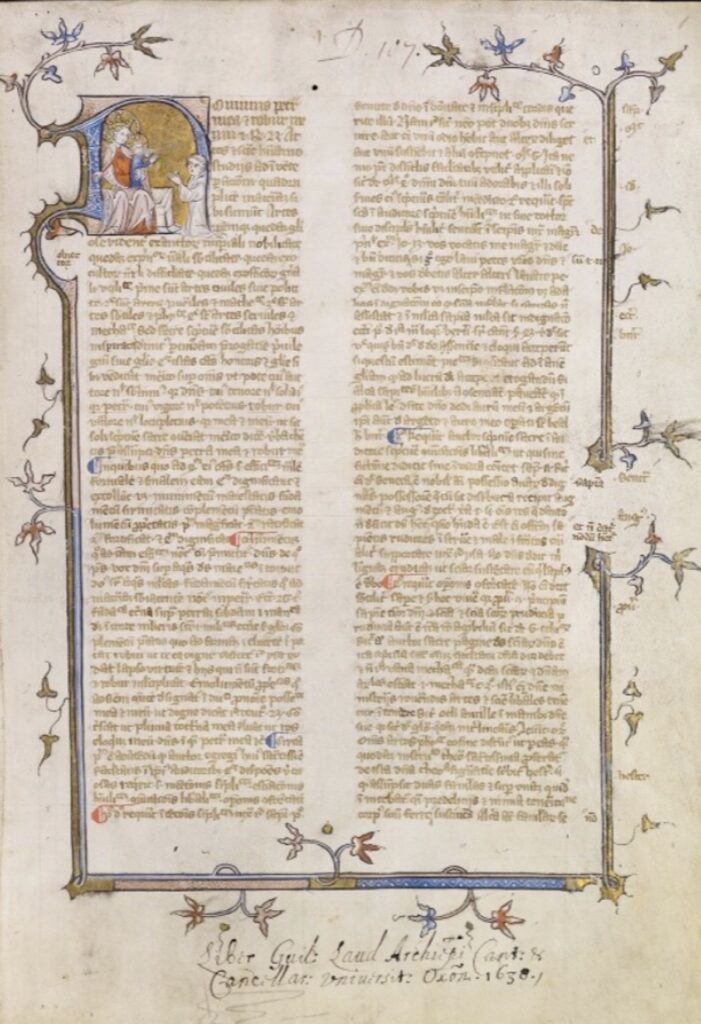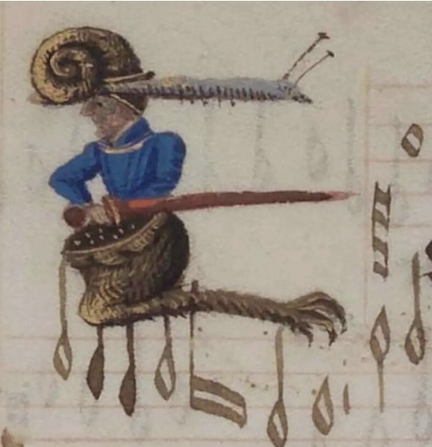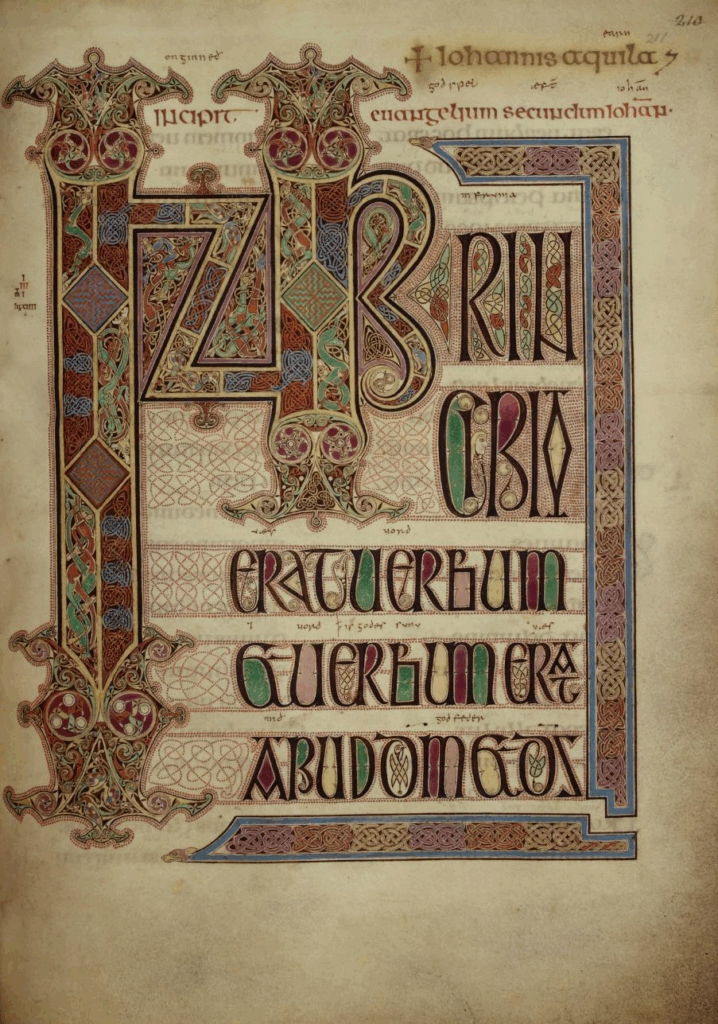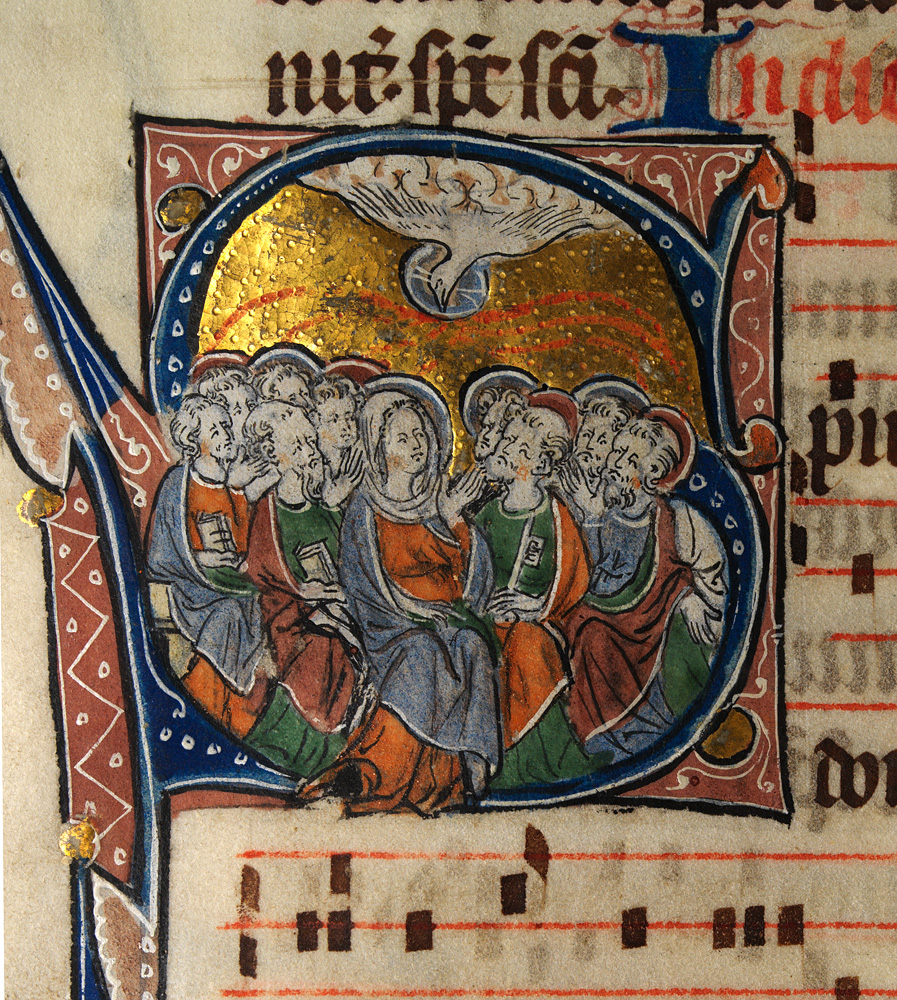Friday, 28 November, 5-6.30pm
Room 2 of the Taylor Institution Library
The launch featured a dramatised reading of the text and a display of the Taylorian holdings of German Peasants’ War pamphlets by a group of readers from across the University. The new edition comprises a historical and bibliographic introduction as well as the edition, translation, and facsimile. Open access volume here and a recording.
Introduction by Henrike Lähnemann and Lyndal Roper. Reader in the order of speaking: Henrike Lähnemann, Ryan Hampton, Rahel Micklich, Lyndal Roper, Eddie Handley, Marina Giraudeau, Ararat Ameen, Monty Powell, Georgia Macfarlane, Hannah Free, Victoria Speth, Emma Huber, Tamara Klarić, Timothy Powell
1525 was a dramatic year in German politics. The Peasants’ War swept through South and East Germany and mobilised a large number of peasants in support of the movement, and an even larger number on the side of the princes and ruling classes opposing it. Martin Luther, dependent on the princes to realise his Reformation ideas, wrote one of the most vicious pamphlets of his life, attacking the ideas of the peasants, particularly their use of the term ‘freedom’. He defended his own use of the term as pertaining only to spiritual freedom and condemned insurrection in the strongest terms, calling on the princes to “slay, choke and stab” any rebel.
500 years after its first publication, this edition with a new modern English translation, extensive linguistic and historical footnotes, and a comprehensive introduction contextualises the attack, both in terms of its historic significance and its afterlife. As in the previous volumes from the Reformation Series of the Taylor Editions, the text is based on pamphlets from the Taylorian collection which are also provided as facsimiles. The volume is published open access and with additional resources such as an audiobook and ‘fold-your-own-pamphlet’ for both of the copies held in the Taylorian. In the historical introduction, Rahel Micklich discusses in turn the historical background of the Peasants’ War (1), the underlying conflict with radical reformer Thomas Müntzer (2), and the ensuing pamphlet war with the Catholic adversaries of Luther, particularly Johann Cochlaeus. Timothy Powell then looks at the reception of the pamphlet in the GDR who were clearly taking the side of the peasants and of Thomas Müntzer against Luther’s polemic. A book historical chapter follows, examining the contemporary reception of all of Luther’s 1525 pamphlets on the topic as mirrored in the pamphlets held in the Taylorian and in the Bodleian Libraries in Oxford. The introduction is rounded off by a short explanation of the language of the pamphlet, the typographical conventions, and the principles guiding the edition by Henrike Lähnemann, with a comprehensive bibliography on the pamphlet.
Have a look at the digital editions of the two Taylorian copies of Martin Luther’s pamphlet against the peasants. No. 2 also includes the new English translation.
- Wider die sturmēden Bawren Auch wider die reubischen vnd moͤrdisschen rottē der andern Bawren. Taylorian copy ARCH.8°.G.1525(28) [Erfurt: Matthes Maler,] 1525. https://editions.mml.ox.ac.uk/editions/peasants-erfurt/
- Wider die mordischen vnd reubischen Rotten der Pawren. The Taylorian copy ARCH.8°.G.1525(27) [Nuremberg: Friedrich Peypus,] 1525. https://editions.mml.ox.ac.uk/editions/peasants-nuremberg/
A full list of all Reformation pamphlets in the Taylorian with photographs of their title-pages is available on Taylor Editions website, and links to all published volumes in the three series ‘Treasures of the Taylorian’ is available on the publications website.



